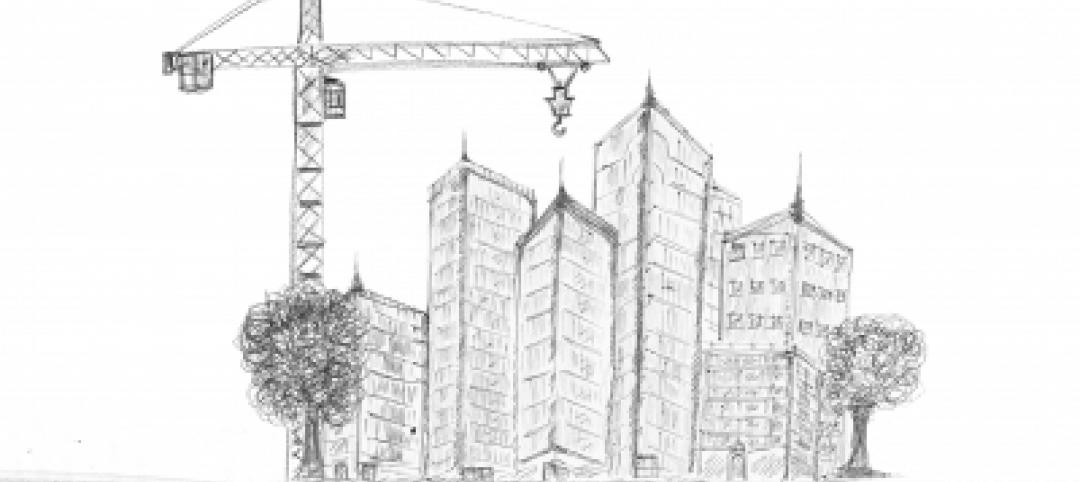The Insurance Institute for Business & Home Safety (IBHS) expanded FORTIFIED, a voluntary, beyond-code, resilient construction program, to include the multifamily sector. The standard is geared to homes built or retrofitted to perform better in severe weather, including powerful high winds and heavy rain from thunderstorms, derechos, hurricanes, and tornadoes.
IBHS says it will offer its FORTIFIED Home certification courses for free to nonprofit organizations building homes for families with low to moderate incomes. It will also eliminate the small administrative fee it collects to review and process FORTIFIED designations for single-family homes built by nonprofit organizations for families with low to moderate incomes.
In addition, IBHS will advance research-based affordable resilience solutions, including guidance on ways to make manufactured and modular homes more resilient through public policy initiatives. The organization will continue to collaborate with insurance companies, federal, state, local, and tribal entities, nonprofits, and others who build or have a shared interest in resilient homes and strengthened communities.
To achieve certification, builders and contractors must adhere to strict construction standards developed by IBHS to minimize damage from severe weather. Key resiliency features must be verified and documented by an independent, third-party evaluator.
Related Stories
| Mar 3, 2014
Injury-liability law responsible for higher construction insurance cost in New York
Construction contractors and developers in New York state face $3 billion more in costs and 667 more accidents per year because of a state law that holds builders solely liable for such accidents, according to a study commissioned by the New York Civil Justice Institute.
| Feb 28, 2014
GBI issues guide to help federal agencies meet sustainability mandates
The Green Building Initiative has released “The Guiding Principles Compliance for New Construction,” for federal buildings to help federal agencies meet sustainability mandates in the construction of new buildings.
| Feb 28, 2014
Steel Joist Institute standards open for review
The 2015 draft of the Steel Joist Institute’s “Single Joist Standard Specification for K-, LH-, and DLH-Series and Joist Girders” will be available for public review until May 31, 2014.
| Feb 28, 2014
Metcalf Construction wins key reversal from federal appeals court in Hawaii on military contract
Metcalf spent more than $76 million on a military construction project and sued to recoup costs.
| Feb 19, 2014
Obama Administration moves to boost fuel efficiency standards on heavy-duty vehicles
The Obama Administration wants to boost fuel efficiency of medium- and heavy-duty trucks for models made in 2019 and later.
| Feb 19, 2014
Net Positive Energy + Water is latest green certification standard
The advancement of sustainable construction has reached a new milestone with the development of Net Positive Energy+Water, a new green building certification standard that aims to improve net zero approaches to energy and water conservation.
| Feb 19, 2014
Obama’s climate resilience panel says PVs, cool roofs should be part of solution
Among the suggestions were rooftop solar energy systems and cool roofs, which could be encouraged by policies from local governments.
| Feb 19, 2014
OSHA proposes three-year postponement of crane operator certification requirement
OSHA’s proposal to postpone the compliance date for crane operator certification by three years was made official on Feb. 7 when it was published in the Federal Register.
| Feb 19, 2014
USGBC introduces new online educational platform
The U.S. Green Building Council has introduced “Education @USGBC” a new educational platform.
| Feb 17, 2014
Channeling weather forecasts to building systems can yield significant energy savings
Using weather forecasts to predict outdoor temperature changes can lead to significant energy savings, exceeding 10%, researchers say.














